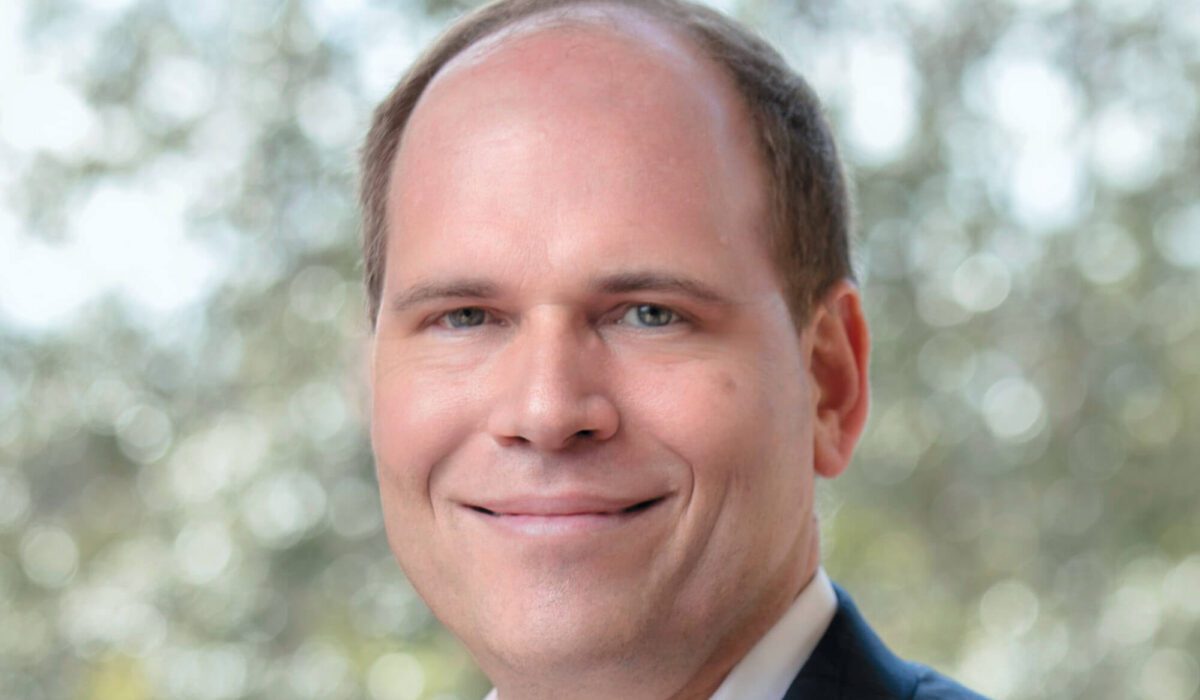 The forecasts are calamitous: by 2090, the sea level is expected to rise three feet in the Bay Area, leaving the San Francisco and Oakland airports underwater, according to studies by nonprofit news service Nexus Media.
The forecasts are calamitous: by 2090, the sea level is expected to rise three feet in the Bay Area, leaving the San Francisco and Oakland airports underwater, according to studies by nonprofit news service Nexus Media.
Epic rainfall will create widespread flooding stretching from San Francisco Bay south into San Jose—along with loss of life and significant property damage.
To Jeffrey R. Bohn, these potential scenarios guide his professional life and present an important question: Can disasters be made less disastrous?
The answer is yes. “Resilience analytics,” as the young field is known, provides critical insights into minimizing risk on a warming planet by suggesting where to avoid building commercial spaces and housing and where to use climate-change mitigation budgets.
“There’s been a massive increase in computing power, so we can do simulations and machine learning today that were unthinkable when I was getting my PhD,” says Bohn, the chief strategy officer at One Concern, whose climate analytics software provides information on the potential financial impacts of weather and climate-related “loss events.”
The company’s tools could change the way insurance, banking, and asset management firms incorporate climate risk into their pricing and services.
Bohn was called to the role after working as a senior advisor and chief research and innovation officer for Swiss Re, a reinsurance company.
“I’ve become more mission driven, trying to figure out a way to make the world more resilient to things like climate change that impact people’s lives,” he says.